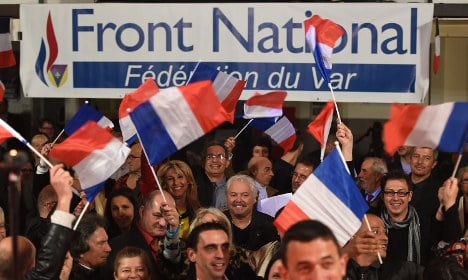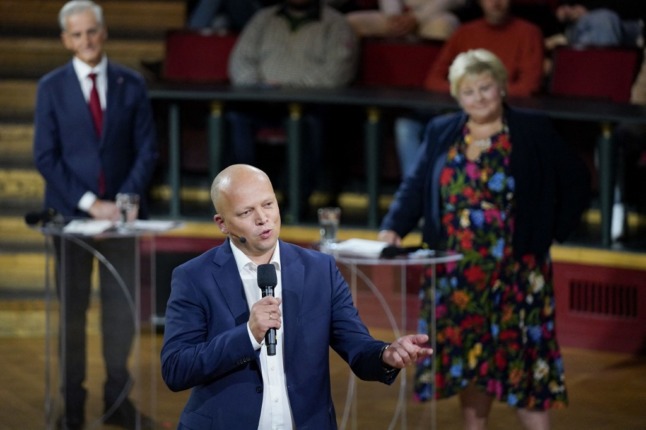A "micro-party" used by FN leader Marine Le Pen as a promotion vehicle during 2012 legislative elections was charged with fraud as part of an ongoing probe into the financing of the campaign, a source close to the investigation told AFP.
The structure, named Jeanne, is suspected of having received illicit financing from the Riwal events company, which has already been charged along with five other people in the probe.
The news comes after a gruelling week for the anti-EU and anti-immigration National Front.
Its co-founder Jean-Marie Le Pen was unceremoniously suspended by his daughter Marine who now leads the party over his controversial comments dismissing Nazi gas chambers and defending the "white world".
Marine Le Pen, 46, and other party leaders have put their foot down over the statements that represent a view of the FN they are trying to leave in the past: overtly racist, anti-Semitic and too polarising to win votes.
The 86-year-old patriarch of the party viciously hit back at his daughter, saying he no longer thought she should be president and that he was "ashamed" she carried his name.
However Marine said on a visit to Prague Wednesday she was not afraid of any "nuisance" from her firebrand father who threatened her with a "merciless battle".
"The events that took place were painful but absolutely necessary and unavoidable," she said, adding that the FN was no longer a protest movement but a governing movement trying to get into power.
"Jean-Marie Le Pen is free to do as he wishes, he is a citizen and if he wishes to create another party, well, he will do so."
The acrimonious public spat came as a report revealed the octogenarian had hid 2.2 million euros ($2.4 million) in a secret account in Switzerland.
In 2013, the former paratrooper admitted he kept an account in Switzerland at UBS that he had opened in 1981.
The longtime FN leader and current European parliament member has been under investigation since late 2013 over undeclared assets estimated at €1.1 million.
The FN is also under investigation by the European Parliament for suspected fraud totalling 7.5 million euros ($8.1 million) over salaries paid to EU parliamentary assistants.



 Please whitelist us to continue reading.
Please whitelist us to continue reading.
Member comments